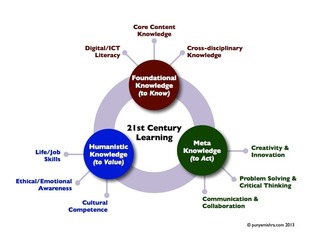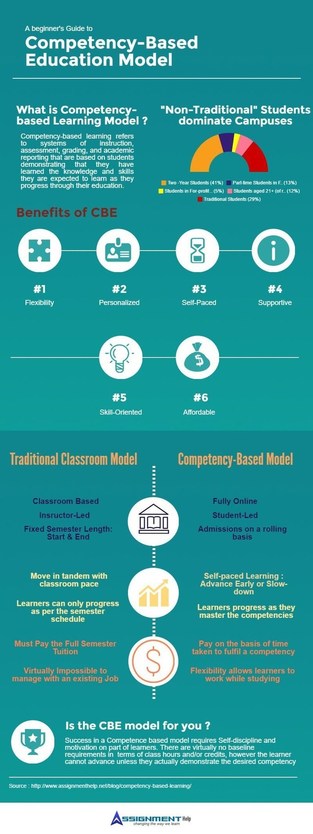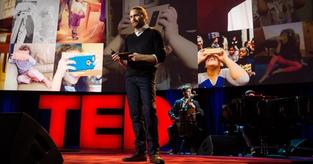| ||||||||||||||||||||||||||||||||||||||||||||||||||||
2016年6月30日 星期四
Your Scoop.it Daily Summary - 3 Knowledge Domains For The 21st Century Student and 3 other Top Stories
2016年6月25日 星期六
Who are you, really? The puzzle of personality
| Extrovert, introvert ... or both? Open this email in your browser |
| ||||
| ||||
| ||||
| ||||
| ||||
| ||||
| ||||
|
|
2016年6月18日 星期六
This scientist makes ears out of apples
| Biohacking with stuff from the kitchen. Open TED Talks weekly email in your browser |
| ||||
| ||||
| ||||
| ||||
| ||||
| ||||
|
|























